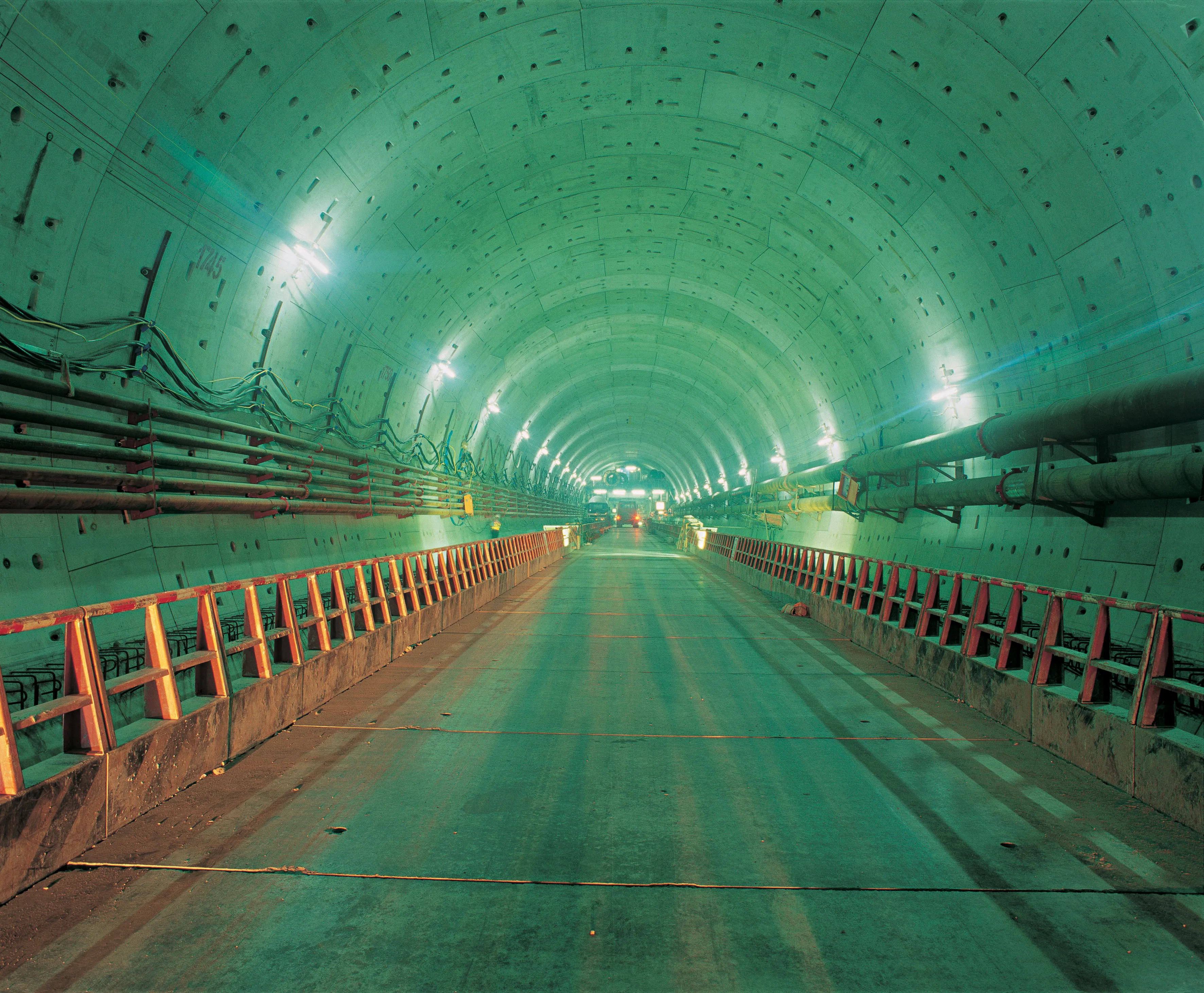A key industry move comes with the news that Hemisphere GPS now has a new Chinese owner following a US$15 million acquisition. The deal was carried out by Hemisphere GNSS, a subsidiary of Beijing UniStrong Science & Technology (UniStrong), which purchased the Precision Products business and related GNSS technology and intellectual property from Hemisphere GPS. Meanwhile, Hemisphere GPS intends to change its company name to AgJunction. As part of the transaction, Hemisphere acquired the entire high-precision
February 5, 2013
Read time: 2 mins
A key industry move comes with the news that 2895 Hemisphere GPS now has a new Chinese owner following a US$15 million acquisition. The deal was carried out by Hemisphere GNSS, a subsidiary of Beijing UniStrong Science & Technology (UniStrong), which purchased the Precision Products business and related GNSS technology and intellectual property from Hemisphere GPS. Meanwhile, Hemisphere GPS intends to change its company name to AgJunction. As part of the transaction, Hemisphere acquired the entire high-precision GNSS product lines, all related intellectual property rights and the Hemisphere GPS trademarks and brands. Hemisphere will operate its business headquarters out of Scottsdale, Arizona and will maintain its operations in Calgary, Alberta, Canada. With this acquisition, UniStrong is expanding its capabilities in the high-precision GNSS business and also expects to promote commercial applications of China’s BeiDou Navigation System (BDS). UniStrong is listed on the Shenzhen Stock Exchange. This is of note as it is the first acquisition of a major international firm by a Chinese satellite navigation business and represents an important milestone in the development of the industry. As part of the agreement, Hemisphere and AgJunction have formed a strategic alliance and a collaborative business relationship covering supply chain management, customer support, technology development and cross-licensing.








